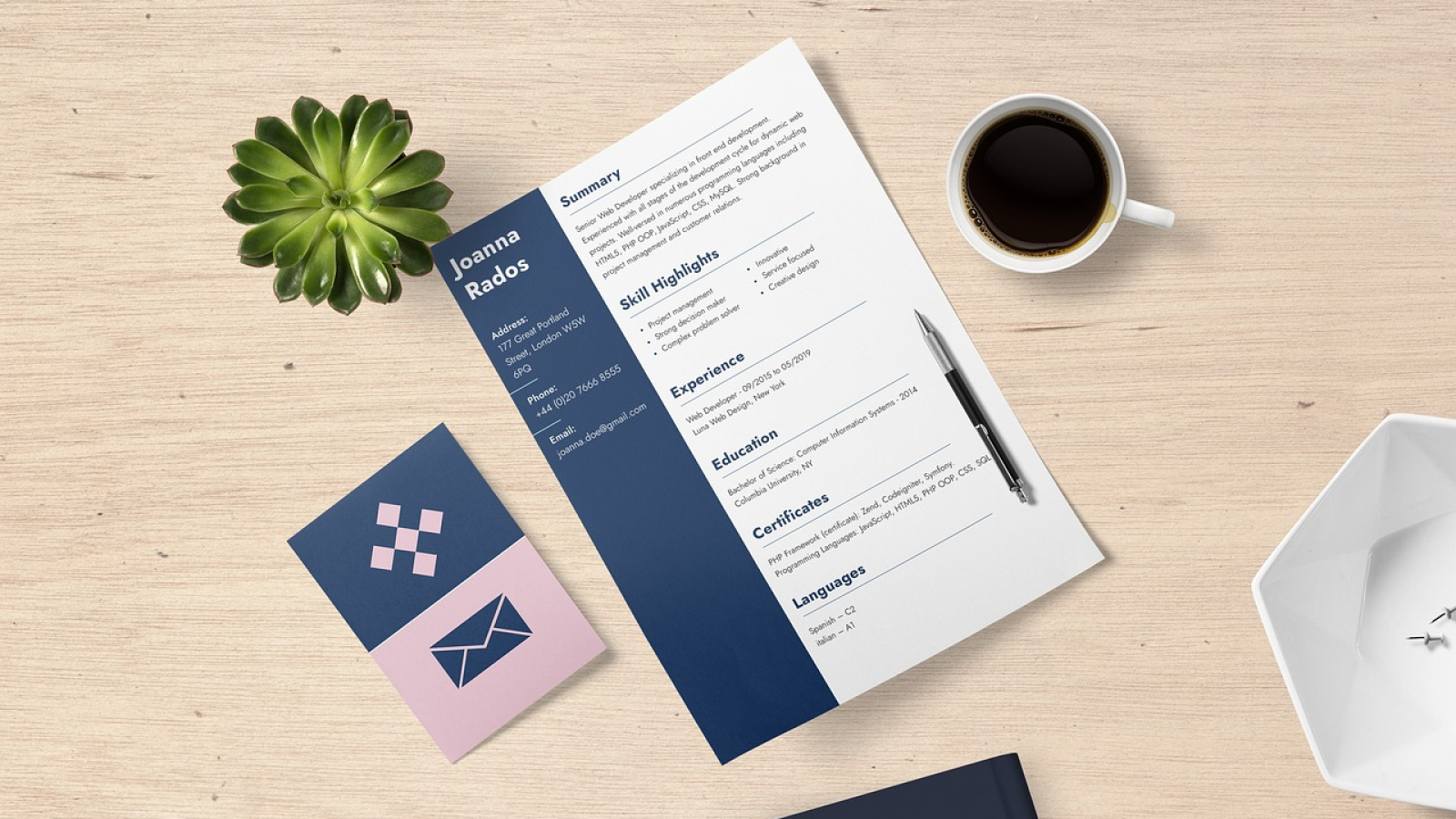The Best Ways to Leverage Travel in Your Resume
When you’re applying for a job, the first thing to consider is how to make your resume stand out from the rest of the crowd.
Traveling happens to be an impressive addition to your resume as these days, employers are looking for people who are open-minded and have seen places beyond the view of their bedroom window.
If you have taken a meaningful trip recently and gathered some useful skills and experiences during this time, then it is always a great idea to include what you learned in the process on your resume.
In this article, you’ll be exposed to ways of leveraging travel in your resume to inform your potential employer that you are more valuable when compared to the other applicants.
When to Include Travel in Your Resume
Including your summer with playlist in a resume does not really count. Mention only the travel experiences that will offer long term professional value to your employer. Including travel in your resume will also go a long way to explain and make up for any time gaps that may appear in your resume.
Where to Include Travel in Your Resume
It all depends on the skills that you garnered during your trip that will affect where you place your travel experience in your resume.
If it will contribute directly to the position you are applying for, then include it in your professional experiences section. If it doesn’t offer any professional value, then you can easily mention your travel in the hobbies section.
How to Present Travel in Your Resume
- Make it Related To The Job In Question: Ensure that the travel experiences you are about to share with the employer on your resume is relevant to the opening that you are applying for.
- Ensure That It Sounds Professional: Your Resume is supposed to be a professional document which therefore implies that every section including your travel experience should also be presented professionally in a way that is noteworthy and sensible to the employer.
- Share all the special skills that you gained while you travelled and present them in a way that entices your potential employer. Listing key accomplishments, volunteer experiences, etc are all important items you can mention.
- If you took up a job while you traveled, highlight this as an international work experience to give you an edge over other applicants.
Example:
International Work Experience
ESL Tutor: Manila, Philippines
Taught Summer School English as a second language
- Highlight every activity that contributed meaningfully to the success of your trip. Not those times you spent lying on the beach or getting a massage at the spa.
- Get your points across as clearly and briefly as possible bearing in mind that employers will only spend a few seconds going through your entire resume. Bogus, repetitive and unclear language is definitely a huge no-no. Make sure to put your experiences together in a straightforward and concise approach.
- If you’re applying for a position that involves communication, public relations or writing, then don’t fail to mention any blog or magazine articles you may have written during your trip or photographs you took that were used on blog publications and the likes.
- Finally, when you’re done with preparing your resume, you should hand it to a friend or a family member to vet and give you a honest feedback on what you may need to include, exclude or rephrase.
Conclusion
Your travel experiences will help you stand out when you are back in the job market if you can effectively craft them in a way that isprofessional, creative, interesting and meaningful to your employer. Don’t be afraid to bring up your travels whenever you’re job hunting.
Frequently Asked Questions
What skills do you need to get from traveling?
Some career skills you can enhance when traveling include; effective utilization of time, communication skills, organization, planning, budgeting, managing stress, negotiation skills and lots more.
Why is traveling good for your career?
Traveling can do your career a great deal of good because it helps you learn how to communicate more effectively, learn a new language, gain more experience and maintain a state of open mindedness.

Add a Comment